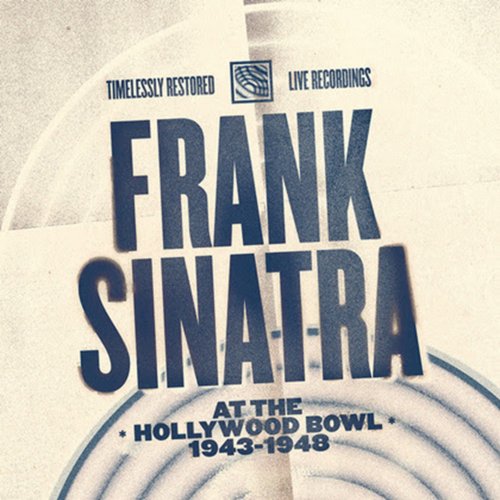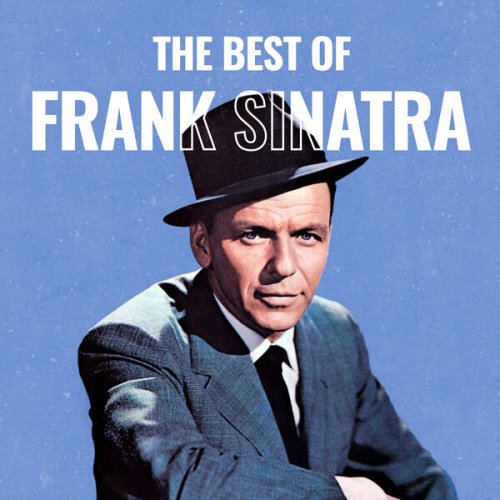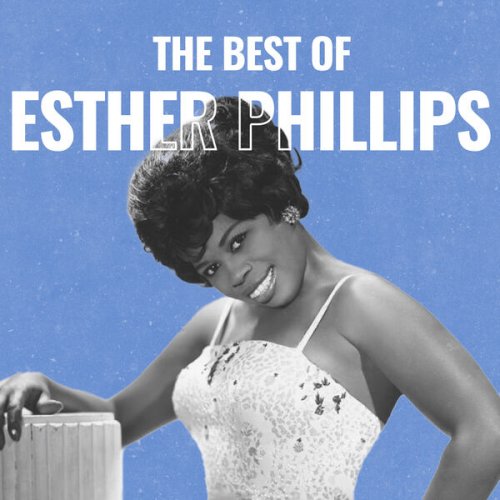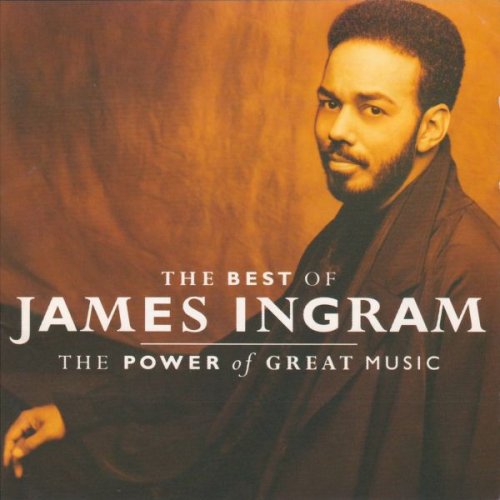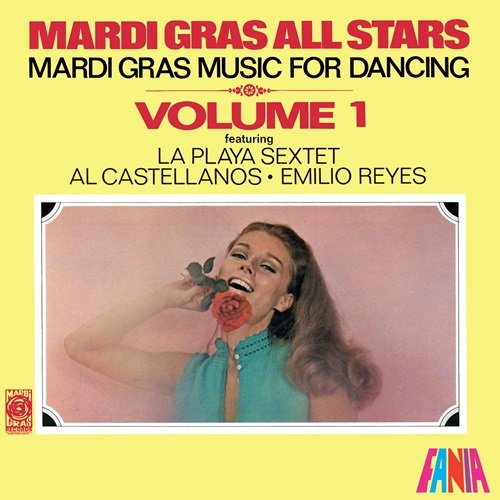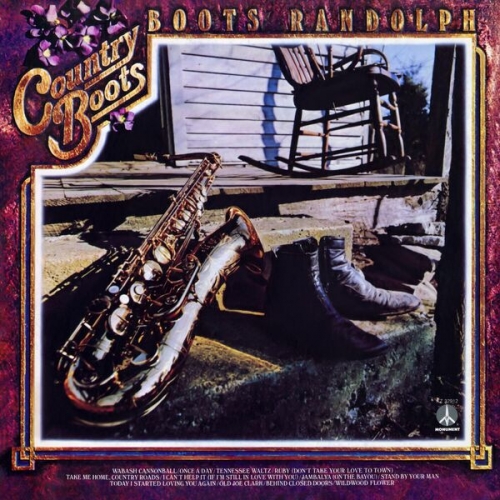Jean-Claude Malgoire - Handel: Tamerlano (1997)
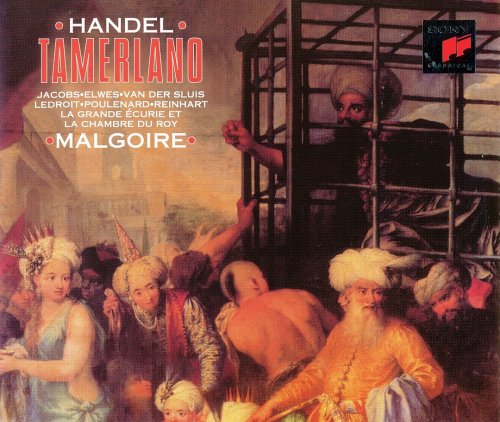
Artist: Jean-Claude Malgoire
Title: Handel: Tamerlano
Year Of Release: 1997
Label: Sony Classical
Genre: Classical
Quality: FLAC (image + .cue, log, scans)
Total Time: 2:55:46
Total Size: 790 MB
WebSite: Album Preview
Tracklist:Title: Handel: Tamerlano
Year Of Release: 1997
Label: Sony Classical
Genre: Classical
Quality: FLAC (image + .cue, log, scans)
Total Time: 2:55:46
Total Size: 790 MB
WebSite: Album Preview
Disc: 1
1. Overture
2. Act 1 - Recitativo: Esci ,esci o signore
3. Act 1 - Aria: Non si perda di vista - Recitativo: Non si perda vista
4. Act 1 - Aria: Vo dar pace - Recitativo: Il Tartaro ama Asteria
5. Act 1 - Aria: Bella Asteria - Recitativo: Il Tartaro ama Asteria
6. Act 1 - Aria: Dammi Pace - Recitativo: Serve Asteria di prezzo
7. Act 1 - Aria: Se non mi vuol amar - Recitativo: Non ascolto piu nulla
8. Act 1 - Aria: Ciel e terra armi di sdegno - Recitativo: S'ho a soffrir
9. Act 1 - Aria: Deh! Lasciatemi il Nemico - Recitativo: Principessa infelice
10. Act 1 - Aria: Nel mondo e nell abisso
11. Act 1 - Aria: Dal Crudel che m'ha tradita
12. Act 1 - Recitativo: Chi vide mai - Aria: Benchi mi sprezzi
Disc: 2
1. Act 2 - Recitativo: Amico,Tengo un testimon fedele
2. Act 2 - Aria: Bella gara che faranno
3. Act 2 - Reictativo: Ah,no Dove trascorri - Aria: Cerco invano - Recitativo: Signor, vergine illutre
4. Act 2 - Aria: Par che mi nasca in seno - Recitativo: Veggio da questi amori
5. Act 2 - Aria: Amor da guerra e pace
6. Act 2 - Aria: A' suoi piedi - Recitativo: Sdegni! Ma di monarco
7. Act 2 - Terzetto: Volgio stragi
Disc: 3
1. Act 3 - Recitativo: Figlia, siam rei
2. Act 3 - Aria: Cor di padre - Recitativo: Andronico, il mio amore
3. Act 3 - Aria: A' Dispetto - Recitativo: Figlia, con atto vil tutta perdesti
4. Act 3 - Duetto:Vivo in Te, mio caro bene
5. Act 3 - Aria: Crudel piu non son io - Recitativo: Se Irene al trono
6. Act 3 - Aria: Se ad un contante core
7. Act 3 - Recitativo accompagnato: Padre,Amante - Arioso: Folle Sei
8. Act 3 - Recitativo accompagnato: E il soffrirete, d' onestade o numi - Aria: Empio, per farti guerra - Recitativo: Signor, fra tante cure
9. Act 3 - Duetto: Vedro chun di si cangiera - Recitativo: Oh, per me lieto
10. Act 3 - Recitativo accompagnato: Fremi,minaccia - Arioso: Figlia mia - Recitativo accompagnato: Tu, spietato, il vedrai - Arioso e Recitativo accompagnato: Su, via, furie e ministre
11. Act 3 - Recitativo: Barbaro! alfin sei sazio ancor
12. Act 3 - Duetto: Coronata di gigli e di rose - Recitativo: Ora, invitta regina
13. Act 3 - Coro: D'atra notte gia mirasi a scorno
If you consider investing in the records of this opera (and I think you should), don't read the plot first; it is virtually incomprehensible, a quality not unknown in other heroic operas by Handel. Also, you may well find the First Act a little disappointing as music. But once you've settled down with the English translation of the very long recitatives on your lap, you will find that the story does make some sense after all, especially when the recitatives are sung so dramatically as they are here. Also, Handel himself gets increasingly involved in the characters and increasingly supports the recitatives with dramatic string accompaniments, until near the end, with Bajazet dying in prison, he achieves a long scena of astonishing power, said to be without parallel in baroque opera. But even earlier I never longed for a recitative to end, and as for the prison scena I longed to hear it again. And did.
The arias, too, improve as Handel gets into his stride and there are some splendid examples in the last act. There are also more ensembles than usual; Act 2 ends with a trio, and there are no less than three duets in Act 3, all excellent, and they give the music a variety it may seem rather to have lacked early on. Handel must have lost faith in the woodwind players at the King's Theatre; I did not notice the oboes, and the flutes are prominent only in the charming love duet Andronico sings with Asteria. The string band is small (4.3.3.2.1) and plays with precision and style. All praise to the conductor.
There is hardly any variety in the scoring of the arias and an almost non-stop dependence on do capo form, but the singers are all admirable. The two altos are well contrasted, Henri Ledroit having a slightly heavier and more heroic quality. Some arias are cut, no doubt to avoid a fourth record—Andronico loses two in the middle act— but I doubt if many listeners will mind this very much. The bass is even allowed an extra aria late on in the First Act which is said to survive only in a Hamburg library—"Nell' mondo e nell' abisso". Gregory Reinhart has a fine voice and well deserves this addition, though I can't at the moment recall what he has to do with the plot. Of the two nubile girls, I especially liked Mieke van der Sluis as Asteria (the part originally sung by Cuzzoni). Her coloratura is very assured, but then all the singers have to tackle a good deal of this sort of vocal line, and they all emerge with great credit. The records have been well balanced and well recorded; they gave me a great deal of pleasure. -- R.F, Gramophone [6/1985] Reviewing original LP
The arias, too, improve as Handel gets into his stride and there are some splendid examples in the last act. There are also more ensembles than usual; Act 2 ends with a trio, and there are no less than three duets in Act 3, all excellent, and they give the music a variety it may seem rather to have lacked early on. Handel must have lost faith in the woodwind players at the King's Theatre; I did not notice the oboes, and the flutes are prominent only in the charming love duet Andronico sings with Asteria. The string band is small (4.3.3.2.1) and plays with precision and style. All praise to the conductor.
There is hardly any variety in the scoring of the arias and an almost non-stop dependence on do capo form, but the singers are all admirable. The two altos are well contrasted, Henri Ledroit having a slightly heavier and more heroic quality. Some arias are cut, no doubt to avoid a fourth record—Andronico loses two in the middle act— but I doubt if many listeners will mind this very much. The bass is even allowed an extra aria late on in the First Act which is said to survive only in a Hamburg library—"Nell' mondo e nell' abisso". Gregory Reinhart has a fine voice and well deserves this addition, though I can't at the moment recall what he has to do with the plot. Of the two nubile girls, I especially liked Mieke van der Sluis as Asteria (the part originally sung by Cuzzoni). Her coloratura is very assured, but then all the singers have to tackle a good deal of this sort of vocal line, and they all emerge with great credit. The records have been well balanced and well recorded; they gave me a great deal of pleasure. -- R.F, Gramophone [6/1985] Reviewing original LP
Related Releases:
